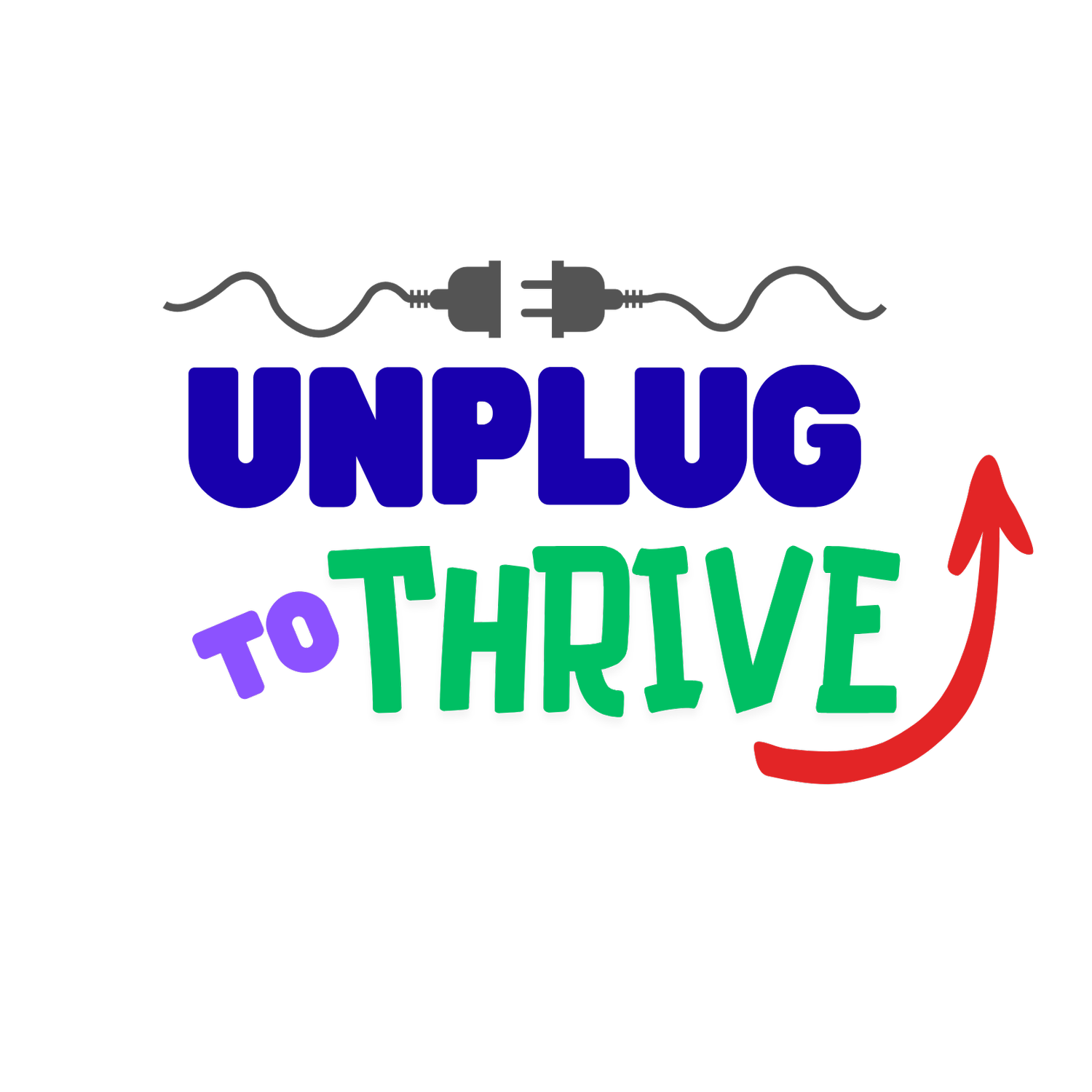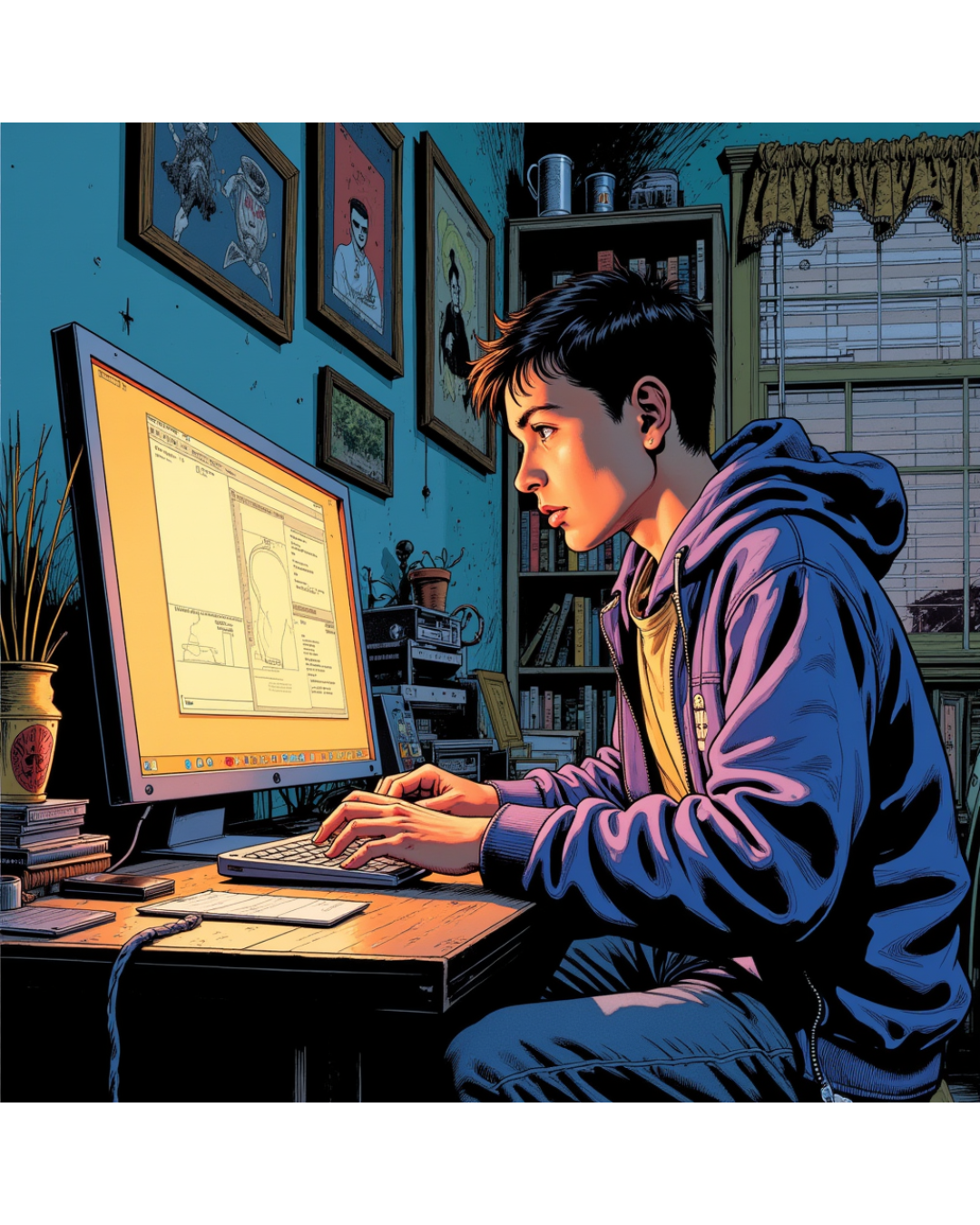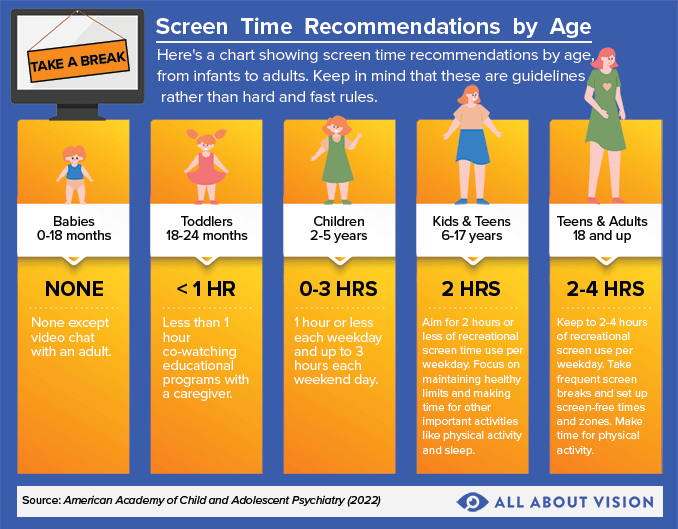Raising Digital Citizens
Think of digital citizenship as the digital version of raising a good human.
It’s about helping kids be safe, kind, and responsible online, just like we teach them to be in real life. Whether they're gaming with friends, scrolling social media, or working on a school Chromebook, digital citizenship is what guides their choices for what’s right and what’s risky.
5 things every parent should teach…
The Internet is Forever: Talk to kids about digital footprints. What they post online now lives on even when they are applying to colleges years from now (and they look)
Not Everything is Real: Teach how to spot fake news or scams. 1 in 4 teenagers will fall victims to scams involving money.
Kindness Counts Online, Too: Respect and empathy are key. There’s a person behind every message or post so we should always treat people the way you would like to be treated
Think Before You Post: Even texts and DMs can be screenshotted. If angry or upset write the message then let it sit before hitting post. Think is this something I will feel proud of later.
Privacy Settings Matter: Help your child review theirs. Never post their address, last name or school.
Tech-Free Tuesday
Put away the iPads and cell phones when you get home from school and work. Spend the rest of the day tech free.
Being a digital citizen is not about restricting access but it is about having a conscious relationship about how much is consumed.
Open the conversation
Now is a great time to have a conversation with your student’s teacher about their cell phone and technology policy. Ask what the school or district's digital citizenship curriculum is. Unplug to Thrive is a movement that supports balance of technology with education at home and at school. To be a digital citizen it takes the work of both the parents and the teacher.
Challenge Your Family
Challenge Your Family
Challenge Your Family Challenge Your Family
Dinner Unplugged
Don’t take your cell phone to the dinner table, leave it in another room. Spend dinner time having meaningful conversation.


